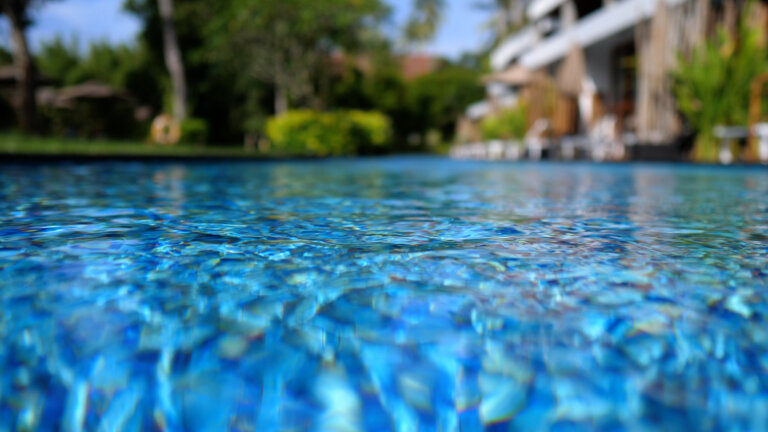As the summer season approaches and temperatures rise, it’s important to prioritize pool safety to protect ourselves and our loved ones from potential tragedies. Swimming pools offer a refreshing way to beat the heat, but they can also pose significant risks, particularly in terms of pool drowning accidents.
According to the Centers for Disease Control and Prevention (CDC), an average of 3,536 unintentional drownings occur annually in the United States and drowning is the leading cause of unintentional death for children aged 1 to 4 years. These alarming statistics emphasize the need for awareness and preventive measures to ensure a safe and enjoyable summer season by the pool.
Common Causes of Pool Drowning Accidents
There are several common causes of pool drowning accidents, including:
- A lack of supervision
- Inadequate barriers and fencing
- Poor swimming skills
- Alcohol and substance use
When it comes to age groups most at risk, young children are particularly vulnerable to pool drowning incidents. Their lack of swimming skills and limited understanding of water safety make them more prone to accidents. Adolescents and teenagers also face a higher risk, often due to overestimating their swimming abilities or engaging in risky behaviors around the pool. Older adults, especially those with underlying health conditions or reduced mobility, may also be at risk.
5 Tips to Keep You and Your Loved Ones Safe Around the Pool
1. Proper Supervision
Establishing strict supervision protocols is essential to keep everyone safe around the pool. Designate responsible adults as pool watchers who are solely focused on monitoring swimmers and ensuring their safety. Avoid distractions such as phones or other electronic devices that can divert attention away from the pool.
2. Pool Barriers and Fencing
Installing and maintaining proper pool barriers and fencing is crucial to prevent unauthorized access to the pool area. Make sure to have self-closing and self-latching gates that are difficult for young children to open. Regularly inspect the fences and repair any damages or gaps that could allow someone to enter the pool area unnoticed.
3. Swimming Lessons and Water Safety Education
Enforcing swimming lessons and water safety education is a proactive step toward preventing pool drowning accidents, especially for children. Enroll them in swimming lessons at an early age to teach them essential water skills and build their confidence in the water. Additionally, educate family members and friends about water safety rules, such as not swimming alone, avoiding dangerous behaviors, and knowing how to respond in emergencies.
4. Alcohol and Substance Use
Avoiding alcohol and substance use around the pool is crucial to maintain clear judgment and coordination while swimming. Alcohol impairs judgment, reaction time, and coordination, making swimming skills less effective and increasing the risk of accidents. Engage in responsible behavior and encourage others to do the same by refraining from alcohol and substance use while swimming or supervising others in the pool.
5. Emergency Preparedness
Being prepared for emergencies is essential to respond quickly and effectively in case of an incident. Learn CPR (Cardiopulmonary Resuscitation) and basic first aid techniques, as these skills can be lifesaving in critical situations. Keep safety equipment, such as life jackets, flotation devices, and rescue tools, easily accessible near the pool.
In addition to these five safety tips, there are several additional precautions to consider for enhanced pool safety. Installing pool alarms and safety covers adds an extra layer of protection by alerting you to any unauthorized entry into the pool area and providing a physical barrier when the pool is not in use. In addition, creating a safety plan and communicating it with all family members and guests is also important. This plan should include emergency contact numbers, evacuation procedures, and instructions on how to respond to potential pool-related accidents.
The lawyers at Chatham Gilder Howell Pittman PLLC believe that practicing pool safety is of utmost importance to protect ourselves and our loved ones during the summer season. Let’s make pool safety a top priority this summer and ensure that our time by the pool is not only enjoyable but also safe for everyone involved. If you have concerns or questions about pool safety, or if you need legal advice following a pool accident, do not hesitate to reach out to us.

